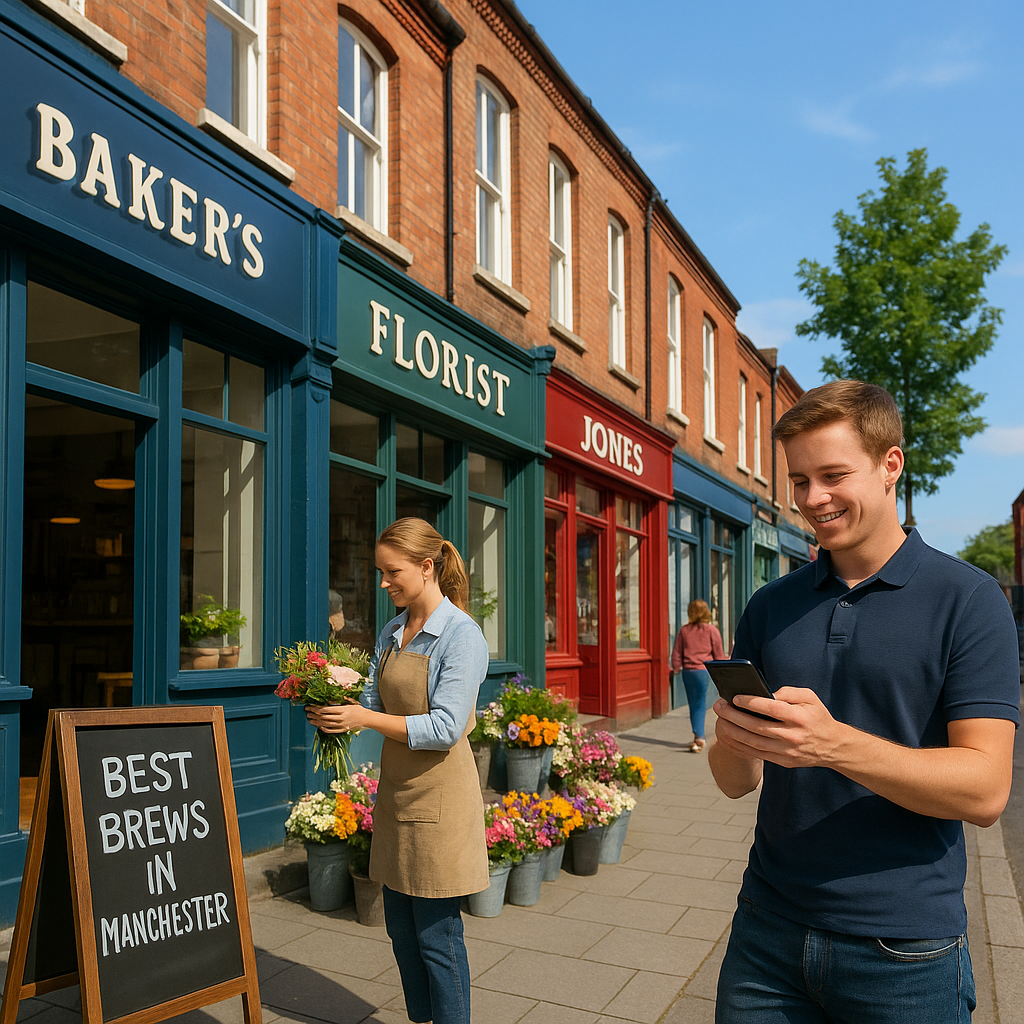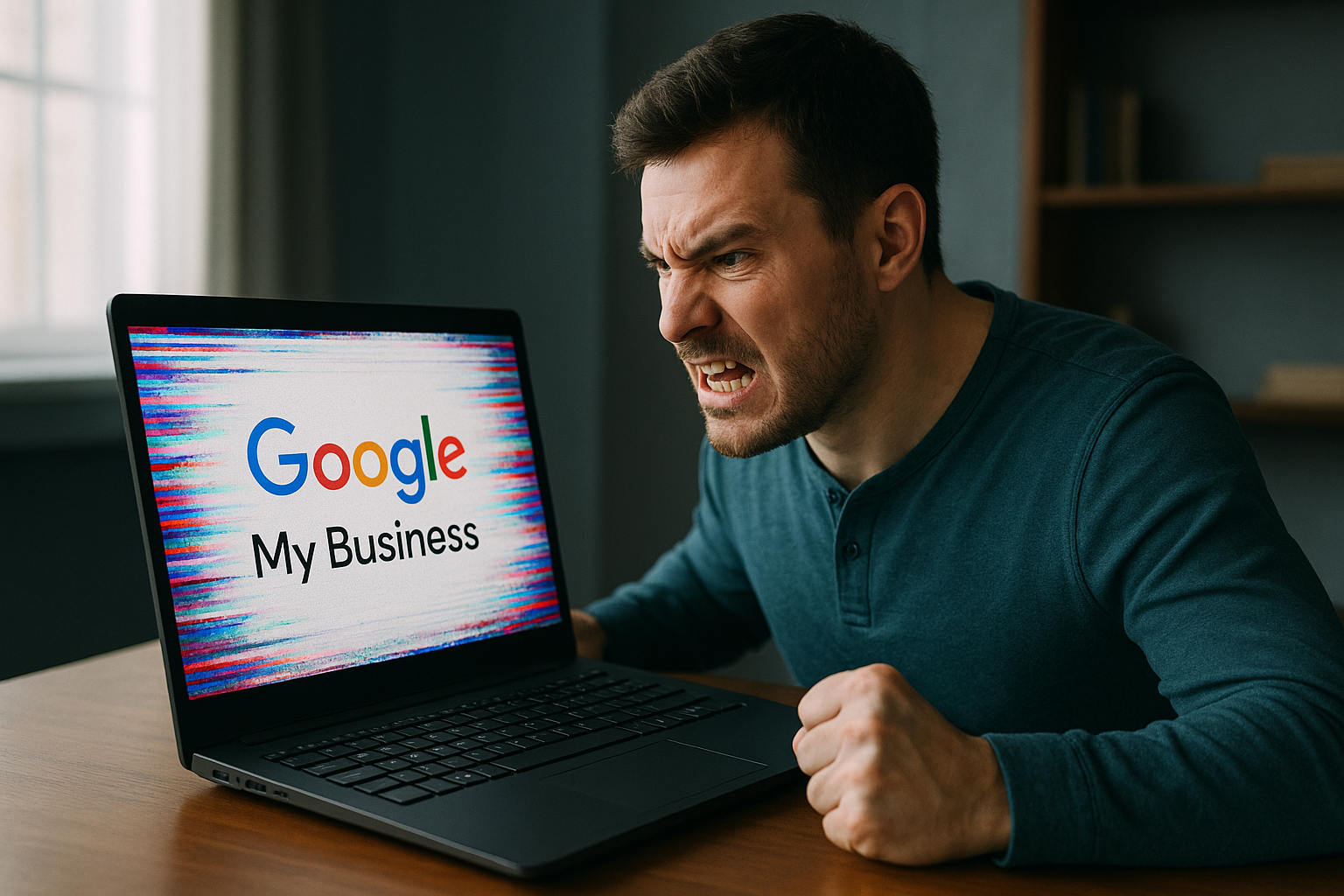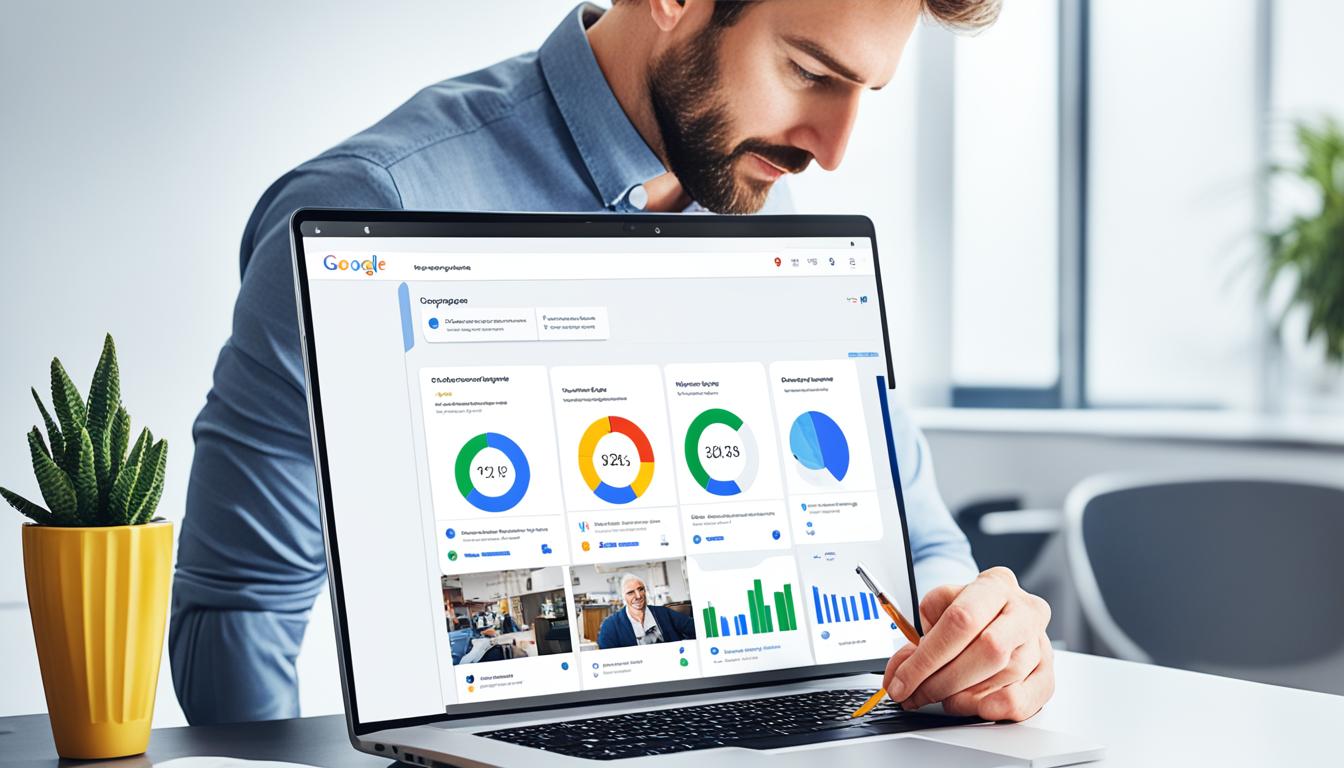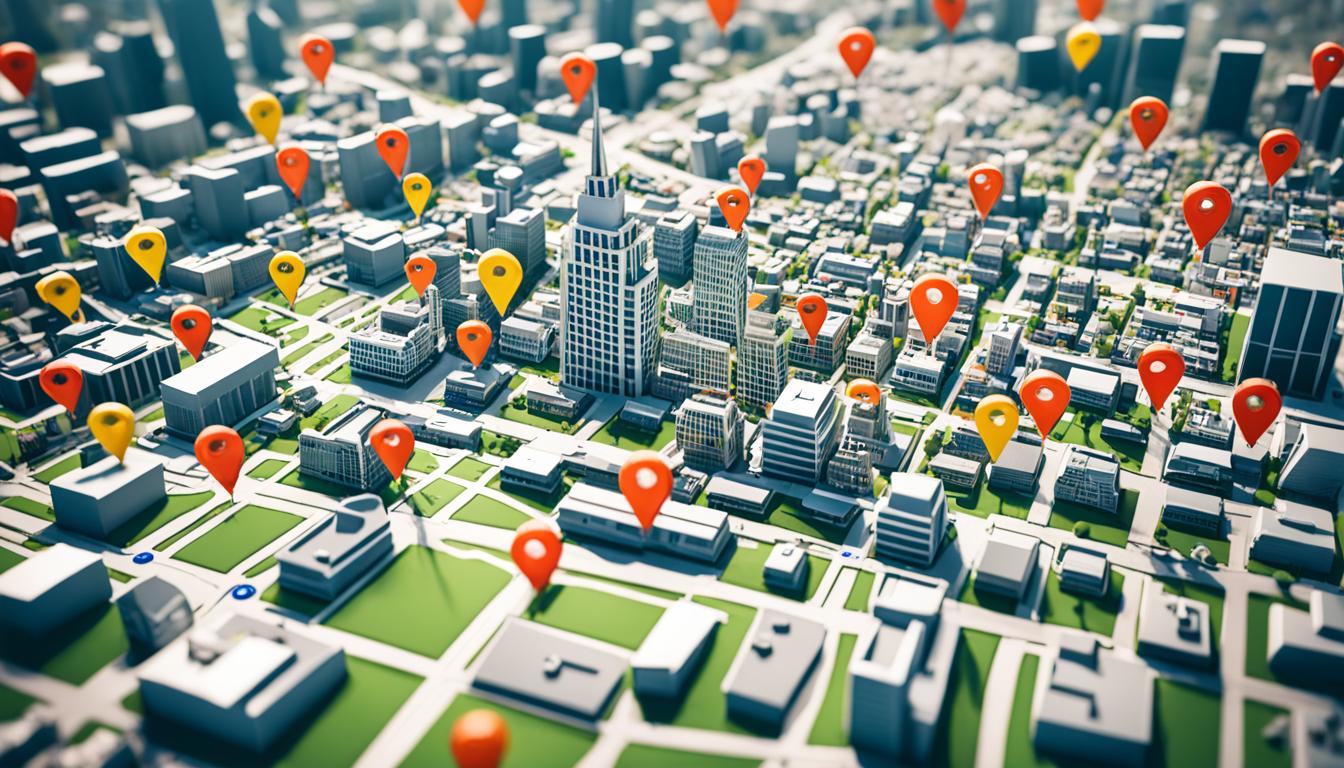Introduction: SEO v SEM
Hello, digital enthusiasts! Are you ready to embark on a journey through the labyrinth of digital marketing? If you’re nodding your head, then buckle up! Today, we’re going to delve into the intriguing world of SEO v SEM, and explore the key differences between them. So, without further ado, let’s dive right in!
Unravelling the Acronyms: SEO and SEM
Before we delve into the differences, let’s first understand what these acronyms stand for. SEO, or Search Engine Optimisation, is all about improving your website’s visibility in organic search results. It’s like the tortoise in the famous fable – slow and steady, but ultimately victorious!
On the other hand, SEM, or Search Engine Marketing, is a broader concept that includes SEO and other search marketing tactics, like Pay-Per-Click (PPC) advertising. It’s like the hare in the fable – quick and flashy, but it comes with a cost!
The Key Differences between SEO and SEM
Now that we’ve got the basics down, let’s delve into the nitty-gritty. Here are the six key differences between SEO and SEM:
- Organic vs Paid: SEO focuses on organic traffic, i.e., visitors who land on your website as a result of unpaid search results. SEM, on the other hand, encompasses both organic traffic (through SEO) and paid traffic (through PPC).
- Cost: SEO is cost-effective as it targets users who are actively looking for your products or services online. SEM, while also targeting active searchers, involves additional costs for running PPC campaigns.
- Time: SEO is a long-term strategy. It takes time to build up organic traffic, but the results are often more sustainable. SEM can yield quicker results, but the visibility is temporary – it lasts as long as you’re paying for the ads.
- Visibility: With SEO, your website’s visibility depends on how well you’ve optimised your content and website structure. With SEM, you can boost your visibility through paid ads, regardless of how well-optimised your site is.
- Click-Through Rates: Organic SEO listings tend to have higher click-through rates (CTR) than paid SEM ads, especially for searches with high commercial intent.
- Keyword Strategy: Both SEO and SEM require a strong keyword strategy. However, SEM allows you to target additional keywords that you might not be able to rank for organically.
Frequently Asked Questions (FAQs)
- Which is better, SEO or SEM? It’s not a question of which is better, but rather which is more suitable for your business goals. SEO is a long-term investment that yields sustainable results, while SEM can give you a quick visibility boost.
- Can I use both SEO and SEM? Absolutely! In fact, using both SEO and SEM can give you a competitive edge. They complement each other and can help you dominate the search engine results pages (SERPs).
- How can I decide between SEO and SEM? Consider your business goals, budget, and timeline. If you want quick results and have the budget for it, go for SEM. If you’re looking for sustainable growth and have a tight budget, focus on SEO.
Conclusion
The difference between SEO and SEM is not as complicated as it might seem. Think of SEO as the marathon runner, focused on endurance and long-term results. SEM, on the other hand, is the sprinter, aiming for quick wins and immediate visibility.
Remember, whether you choose SEO, SEM, or a combination of both, the goal is to attract, engage, and convert your target audience. So, keep your eyes on the prize and don’t be afraid to experiment. After all, digital marketing is as much an art as it is a science!
So, there you have it – the difference between SEO and SEM demystified! Now, go forth and conquer the digital marketing world. Good luck, and happy marketing!
Need To Know More:
For more information about SemLocal & Search Engine Marketing:
Contact us at:
Semlocal Limited
The Old Courthouse, 18 – 20 St Peters Churchyard, Derby. Derbyshire DE1 1NN
Website: www.semlocal.co.uk
Email: Hello@semlocal.co.uk
Local Rate: 01332 497496
WhatsApp: 07535 718516
Let’s Be Social








